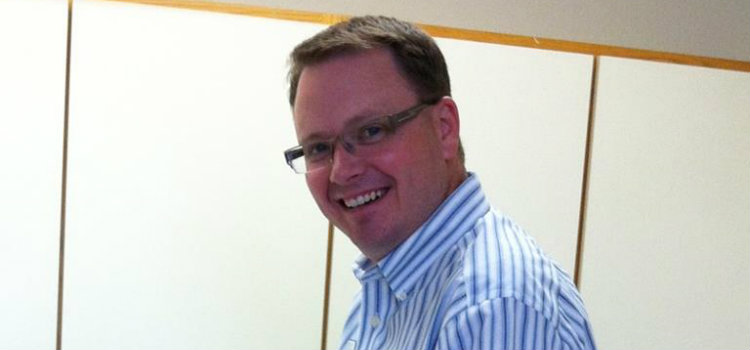Information for Summer 1 Students
Welcome Summers Track students! We, at the Department of Communication Sciences & Disorders, are honored that you have chosen this program in your professional journey from SLPA to SLP and trust that you will find the time spent in this program both challenging and rewarding. Here’s what you can look forward to during your first summer and academic year:
During the summer, you will be taking the following classes:
Summer session 1
CSD 531 – Language & Literacy Development & Disorders: Preschool to Early School Age
CSD 557 – Phonological Development and Disorder
Summer session 2
CSD 541 – Language and Literacy Disorders: Assessment and Intervention: Elementary School to High School
CSD 556 – Audiology for Speech Language Pathologists
During the first week, you can also expect to attend an orientation to discuss policies and procedures for the program and university. Individual conferences with your student advisor to discuss your course schedule will take place during weeks 2 and 3. I will send out a google doc to sign up for individual conferences during the first week of June.
First academic year
Fall Online: CSD 510 + CSD 510L – Clinical and Educational Methods in Speech-Language Pathology
Spring Online: CSD 405 – Neurological Foundations of Speech, Language, and Hearing (only required of students who did not take Neuro as an undergraduate)
Frequently asked questions (FAQs)
My financial aid requires that I take a minimum of 5 hours during any given semester. Can I take courses early or at least out of sequence in order to meet that 5 hour minimum? Accordion Closed
It is not possible to take required courses out of sequence. It is, however, possible to take electives early in order to meet minimal credit requirements stipulated by financial aid. Because there are several semesters in which fewer than 5 academic hours are required, many students opt to obtain a graduate certificate as a means of maximizing the value of additional classes taken.
I am interested in obtaining a graduate certificate in addition to my required course load. What certificates are available and what can I expect? Accordion Closed
All grad certificates involve a minimum of 15 hours of online coursework, although specific program requirements vary by certificate. Probably the most popular grad certificates obtained by students at CSD are Assistive Technology, Autism Spectrum Disorders (School-Based), and Positive Behavioral Support. Please visit https://nau.edu/graduate-college/graduate-certificates/ for a complete listing of grad certificates at NAU and follow individual links to learn about the program of study and entrance requirements unique to each certificate.
I was admitted to the CSD program with a prerequisite deficiency and will need to take the class during the academic year. Can I take the class through my local university or does it need to be taken through NAU? Accordion Closed
It is possible to take the prerequisite class through your local university and transfer in the credit. Before taking the class, it will be necessary to get approval for the class from a member of the admissions committee at CSD in order to ensure that learning competencies and expectations are being met. Class approval will involve having the admissions committee review the syllabus and/or class description and later, completion of a petition to transfer credit.
Can I transfer in graduate credit? Accordion Closed
Possibly. To be considered for graduate credit, the class must be graduate level, have very similar learning objectives and course title as the target class (as judged by a member of the admissions committee), and be completed with an “A” or “B”. A Petition to Transfer Credit form must accompany the transfer request.
What happens if I get a “C” in a class? Accordion Closed
Policies regarding course repeats are set by each course instructor and stated in each course syllabus. Most of the time, a student who has not adequately met course learner outcomes by the end of the session and receives a grade of “C” in a CSD course is required to repeat the course, either at NAU or another university. If the graduate course is repeated at another university, the grade must be submitted via official transcript from that university with the Graduate Course Repeat Enrollment form, found on the Office of Graduate and Professional Studies (OGPS) website. A “C” obtained during a clinical rotation also necessitates repetition of the course. Receiving a third “C” in any course may result in departmental recommendation to the OGPS that the student be dismissed from the program. Appeal policies can be found on the OGPS website.








